Home>Gardening & Outdoor>Garden Tools & Equipment>How Long Does A Lawnmower Last
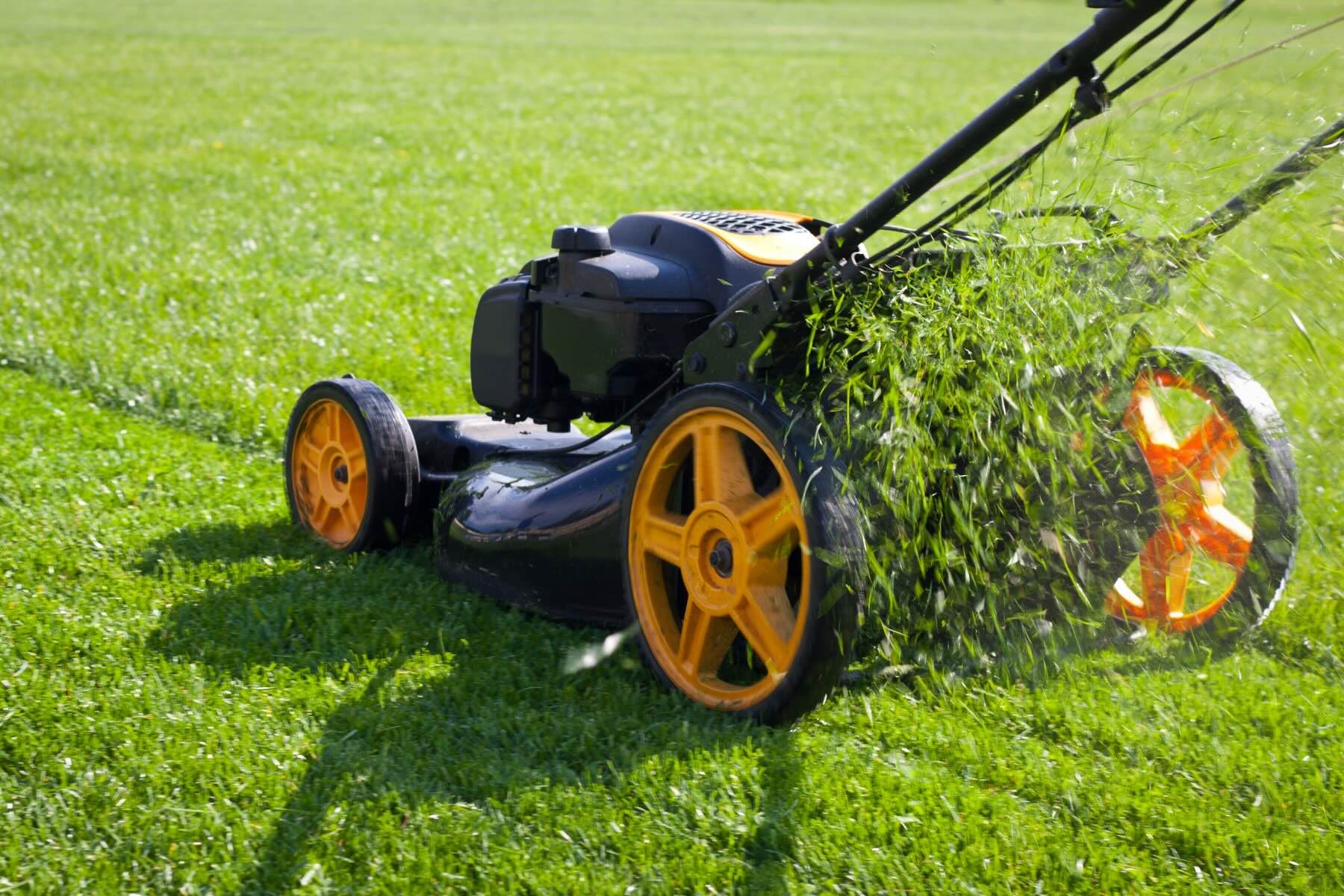

Garden Tools & Equipment
How Long Does A Lawnmower Last
Published: January 20, 2024
Discover the lifespan of garden tools and equipment. Learn how long a lawnmower typically lasts and how to maintain it for longevity.
(Many of the links in this article redirect to a specific reviewed product. Your purchase of these products through affiliate links helps to generate commission for Storables.com, at no extra cost. Learn more)
Introduction
Welcome to the world of lawn care, where the trusty lawnmower reigns as the unsung hero of lush, manicured lawns. Whether you’re a seasoned gardener or just dipping your toes into the world of lawn maintenance, understanding the lifespan of a lawnmower is crucial for making informed decisions about your garden equipment.
As with any mechanical device, the longevity of a lawnmower depends on various factors, including the quality of the machine, frequency of use, and the diligence of maintenance. By delving into the intricacies of lawnmower lifespan, we can equip ourselves with the knowledge needed to maximize the utility and efficiency of this essential garden tool.
In this comprehensive guide, we’ll explore the factors that influence the lifespan of a lawnmower, share valuable maintenance tips to prolong its longevity, and highlight the telltale signs that indicate it’s time to bid adieu to your faithful mower. So, let’s embark on this journey to unravel the mysteries of lawnmower longevity and ensure that your lawn is always trimmed to perfection!
Key Takeaways:
- Proper maintenance, including regular oil changes and blade care, can extend a lawnmower’s lifespan. Neglecting maintenance tasks can shorten the mower’s longevity, impacting its performance and efficiency.
- Recognizing signs such as decreased performance and structural damage can help you make informed decisions about replacing your lawnmower. Investing in a new, modern mower with enhanced features can elevate your lawn care experience.
Read more: How Long Should A Lawnmower Battery Last
Factors Affecting Lifespan of a Lawnmower
Several factors play a pivotal role in determining the lifespan of a lawnmower. Understanding these variables can help you make informed decisions when purchasing, maintaining, and operating your lawn-maintenance equipment.
- Quality of Construction: The durability and longevity of a lawnmower are heavily influenced by the quality of its construction. Mowers crafted from high-grade materials and assembled with precision tend to outlast their cheaper counterparts. Stainless steel, aluminum, and reinforced plastics are often used in the construction of robust lawnmowers, ensuring resilience against wear and tear.
- Maintenance Practices: Regular and proper maintenance is paramount to extending the lifespan of a lawnmower. This includes changing the oil, air filters, and spark plugs, sharpening or replacing blades, and ensuring that all components are lubricated and free from debris. Neglecting these maintenance tasks can significantly shorten the mower’s lifespan.
- Frequency of Use: The frequency at which a lawnmower is utilized directly impacts its longevity. Overworking a mower or subjecting it to prolonged, strenuous mowing sessions can expedite wear on its internal components, potentially shortening its lifespan. Conversely, infrequent use without proper maintenance can also lead to deterioration.
- Environmental Conditions: The environment in which a lawnmower operates can influence its longevity. Exposure to extreme temperatures, moisture, and corrosive elements can accelerate the deterioration of metal components and electrical systems. Additionally, mowing over rough, rocky terrain can place undue stress on the mower’s chassis and blades.
- Storage and Shelter: Proper storage and shelter play a crucial role in preserving a lawnmower’s lifespan. Storing the mower in a dry, sheltered area, such as a garage or shed, shields it from the damaging effects of prolonged exposure to the elements, including rust and corrosion.
By considering these factors, you can make informed decisions to prolong the life of your lawnmower, ensuring that it remains a reliable companion in maintaining your verdant lawn for years to come.
Maintenance Tips to Prolong Lifespan
Proper maintenance is the cornerstone of extending the lifespan of a lawnmower. By implementing regular upkeep practices, you can ensure that your mower remains in optimal condition, delivering peak performance and longevity. Here are essential maintenance tips to prolong the lifespan of your lawnmower:
- Regular Oil Changes: Just like a car, a lawnmower’s engine requires regular oil changes to maintain smooth operation. Consult the manufacturer’s guidelines for the recommended oil change frequency and use high-quality oil suitable for your mower’s engine.
- Air Filter Maintenance: Clean or replace the air filter according to the manufacturer’s recommendations. A clogged air filter can impede airflow to the engine, leading to reduced performance and potential damage.
- Blade Care: Keep the mower’s blades sharp and balanced. Dull blades can tear grass instead of cleanly cutting it, resulting in an uneven lawn surface and placing unnecessary strain on the engine. Periodically inspect the blades for damage and replace them when necessary.
- Lubrication: Regularly lubricate the mower’s moving parts, such as the wheels, bearings, and other mechanical components, to minimize friction and wear. Use lubricants recommended by the manufacturer for optimal results.
- Spark Plug Maintenance: Check and clean or replace the spark plug as per the manufacturer’s guidelines. A faulty spark plug can lead to starting issues and inefficient combustion, affecting the mower’s performance and longevity.
- Cleaning and Debris Removal: After each use, clean the mower to remove grass clippings, dirt, and debris. Pay particular attention to the undercarriage and cooling fins to prevent overheating and corrosion. Keeping the mower clean also facilitates visual inspections for potential issues.
- Fuel System Care: Use fresh, clean fuel and consider using a fuel stabilizer if the mower will be stored for an extended period. Stale or contaminated fuel can lead to starting problems and engine damage.
- Professional Servicing: Schedule periodic professional servicing to ensure that the mower’s engine and other critical components are in optimal condition. A trained technician can identify and address potential issues before they escalate, prolonging the mower’s lifespan.
By adhering to these maintenance tips and incorporating them into your lawn care routine, you can significantly extend the lifespan of your lawnmower, ensuring reliable performance and pristine lawn maintenance for years to come.
Regular maintenance, such as cleaning the air filter, changing the oil, and sharpening the blades, can help extend the lifespan of a lawnmower to 8-10 years.
Signs It’s Time to Replace Your Lawnmower
While proper maintenance can significantly extend the lifespan of a lawnmower, there comes a time when even the most diligently cared-for mower reaches the end of its operational life. Recognizing the signs that indicate it’s time to bid farewell to your faithful mower is crucial for ensuring efficient and hassle-free lawn maintenance. Here are the telltale signs that it’s time to replace your lawnmower:
- Excessive Vibrations and Noise: If your lawnmower is producing unusual vibrations or significantly louder noise during operation, it may indicate underlying mechanical issues or worn-out components. These symptoms can be a sign that the mower’s critical systems are deteriorating, necessitating replacement.
- Decreased Performance: A noticeable decline in mowing efficiency, such as uneven grass cutting, reduced power, or frequent stalling, could indicate that the mower’s engine or cutting mechanisms are compromised. If performance issues persist despite thorough maintenance, it may be time to consider a new mower.
- Structural Damage: Cracks, severe rust, or structural deformities in the mower’s chassis, deck, or other essential components can compromise its safety and operation. Structural damage that cannot be effectively repaired may warrant retiring the mower in favor of a new, reliable model.
- Frequent Breakdowns: If your lawnmower is experiencing increasingly frequent mechanical failures, despite diligent maintenance and servicing, it may be more cost-effective and practical to invest in a new, dependable mower rather than continually addressing recurring issues.
- Obsolete Features: As technology advances, newer lawnmowers boast enhanced features, improved efficiency, and eco-friendly designs. If your current mower lacks modern conveniences, such as electric start, fuel efficiency, or advanced cutting systems, upgrading to a contemporary model can elevate your lawn care experience.
- Unavailability of Replacement Parts: Difficulty in sourcing replacement parts for an aging mower can pose a significant challenge. If essential components or specialized parts are no longer readily available, maintaining and repairing the mower may become impractical, signaling the need for a new unit.
Recognizing these signs can empower you to make a well-informed decision about replacing your lawnmower, ensuring that your lawn maintenance endeavors remain efficient, reliable, and enjoyable.
Conclusion
Understanding the lifespan of a lawnmower and the factors that influence it is essential for every lawn enthusiast. By considering the quality of construction, maintenance practices, frequency of use, environmental conditions, and proper storage, you can maximize the longevity of your lawnmower, ensuring years of reliable service in maintaining a pristine lawn.
Implementing regular maintenance practices, such as timely oil changes, air filter maintenance, blade care, lubrication, and fuel system care, can significantly prolong the lifespan of your lawnmower. Additionally, periodic professional servicing can address potential issues before they escalate, further enhancing the mower’s longevity and performance.
Recognizing the signs that indicate it’s time to replace your lawnmower, such as decreased performance, structural damage, and frequent breakdowns, empowers you to make informed decisions about investing in a new, dependable mower with modern features and enhanced efficiency.
As you navigate the world of lawn care and maintenance, remember that a well-maintained lawnmower is not only a tool but also a reliable companion in crafting and preserving a lush, manicured lawn. By incorporating the insights and tips shared in this guide, you can ensure that your lawnmower remains a steadfast ally in your quest for a verdant, picturesque landscape, enriching your outdoor experiences for years to come.
Frequently Asked Questions about How Long Does A Lawnmower Last
Was this page helpful?
At Storables.com, we guarantee accurate and reliable information. Our content, validated by Expert Board Contributors, is crafted following stringent Editorial Policies. We're committed to providing you with well-researched, expert-backed insights for all your informational needs.




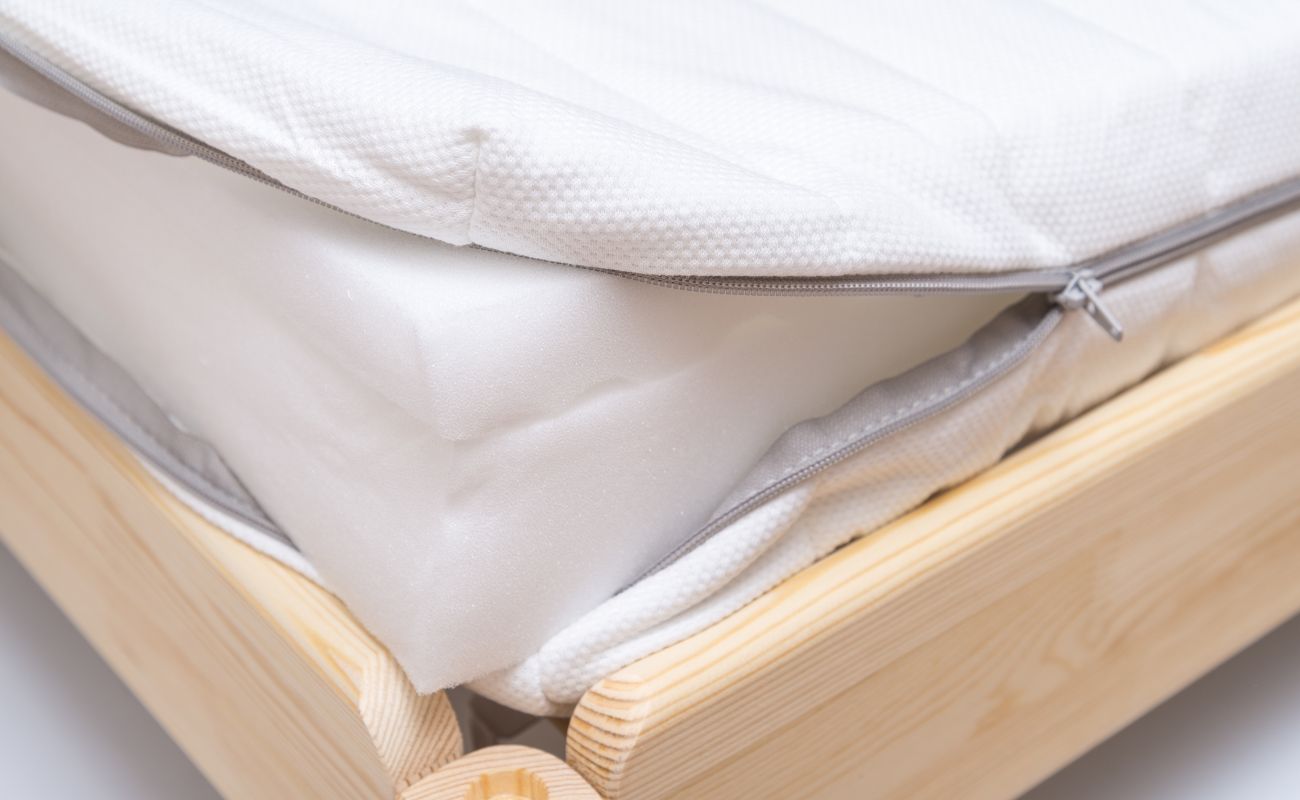

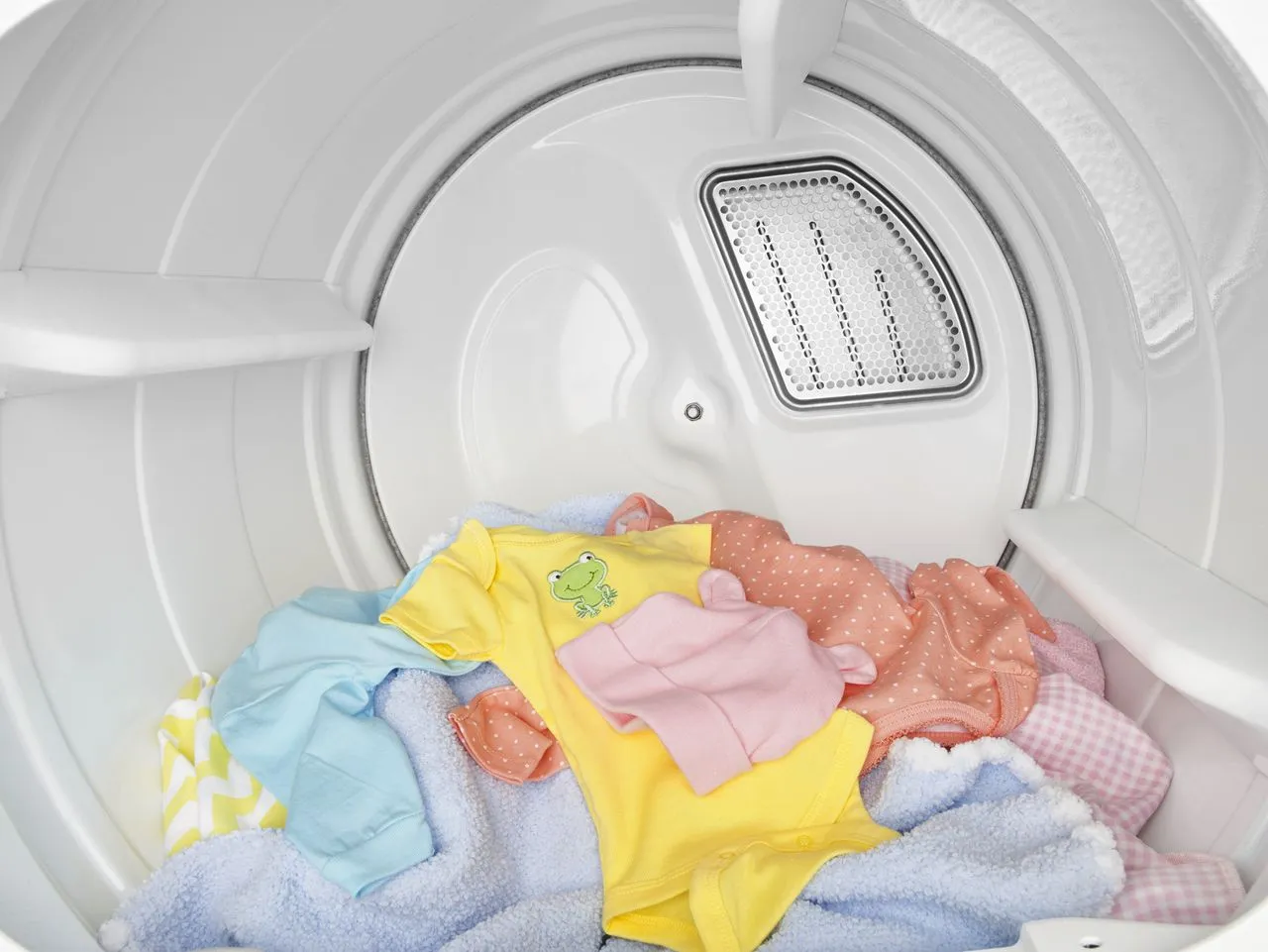


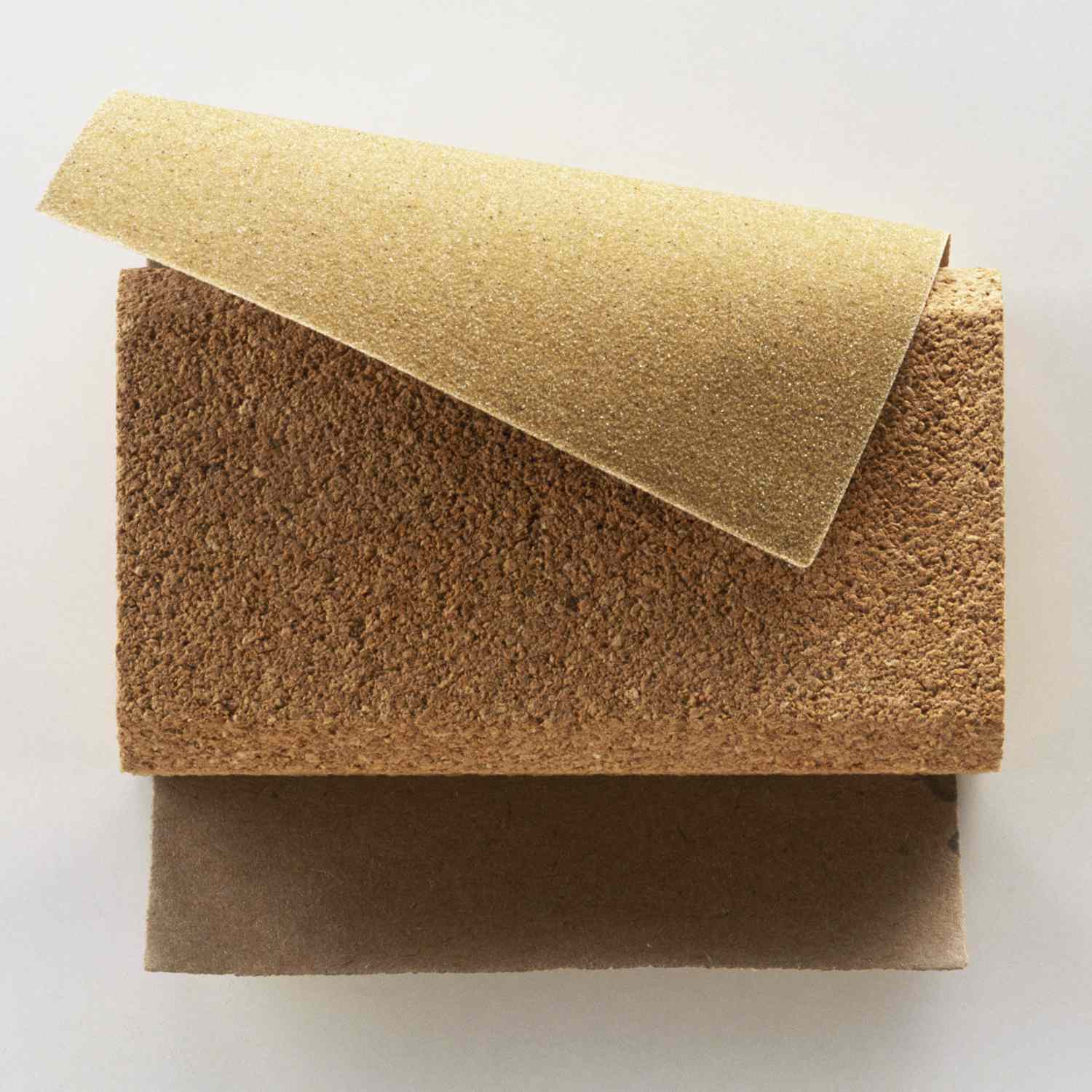



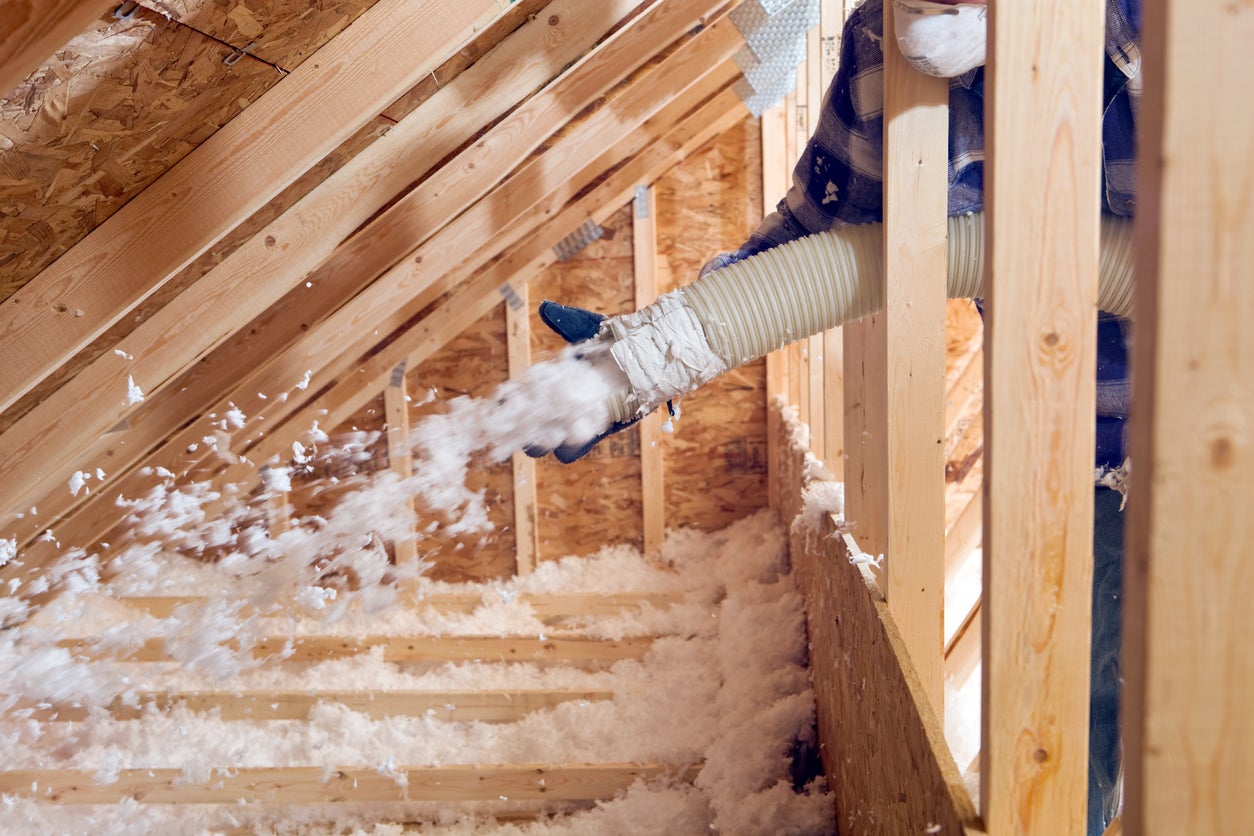


0 thoughts on “How Long Does A Lawnmower Last”